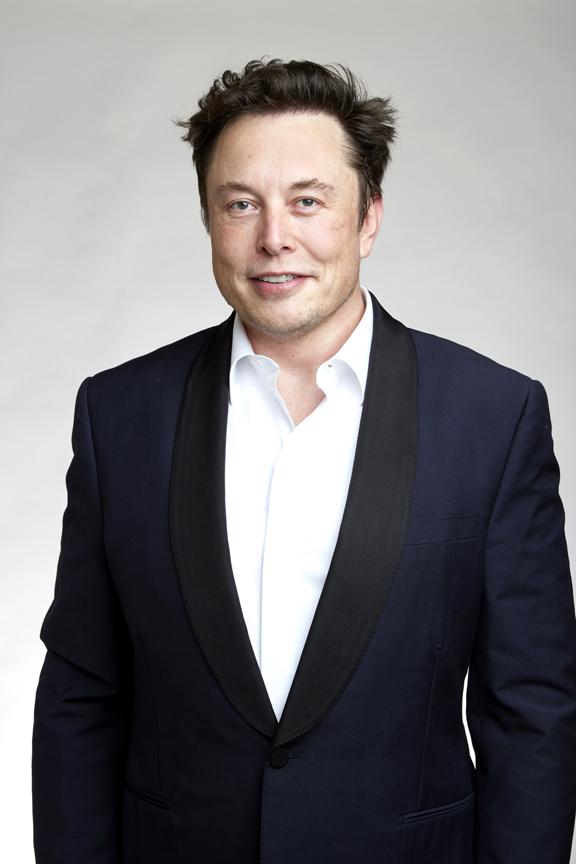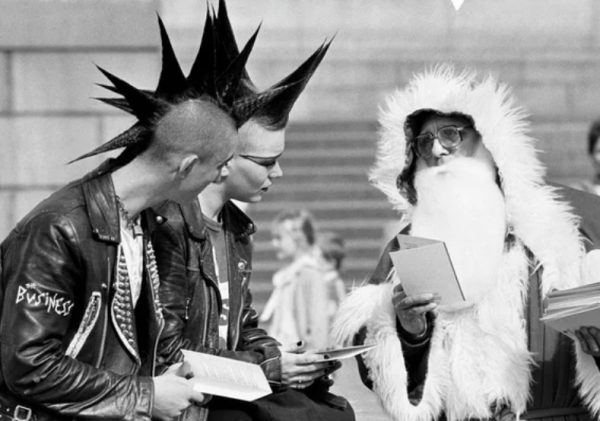No, Elon Musk is Not Iron Man
Elon Musk is a man who loves to think of himself as a visionary. In his 2015 biography, it was said that “Musk had come to see man’s fate in the universe as his personal obligation.” In an extremely self-centered move, he once called himself the “Real Life Iron Man.” But a close look at him reveals that he’s anything but a savior for humanity. Behind the veneer of a genius billionaire philanthropist, Elon Musk is clearly an immature and overrated figure with all the personal and ethical failings that come with billionaire status.
First, it’s necessary to have a bit of background on Elon Reeve Musk. He grew up in Praetoria, South Africa, moving to Canada and shortly thereafter emigrating to America. He founded zip2, a software company, with his brother Kimbal, which sold to Compaq in 1999 for $300 million. He founded X.com, an online banking service, and it was later merged with Paypal. When Paypal was bought by eBay in 2002, Musk gained $165 million which he would use to found SpaceX. From there, Elon grew his fledgling spaceflight venture and would go on to create even more projects, including working on solar power, personal transport, and notably, flamethrowers. And while he’s a successful businessman, calling him a sci-fi visionary based on his companies is not accurate.
For one, unlike his fictional superhero idol, Elon Musk is not an inventor or designer. He has whims and ideas, but the design, execution, and testing of his companies’ products are not things he does. Notably, Tesla vehicles such as the Model S, the Model Y, and the Roadster do not list Musk as a designer. Like many businessmen, (Jeff Bezos, Steve Jobs, etc.) and notably unlike a fictional superhero, the financial and scientific achievements of his companies can not be credited to his technical ability.
These achievements are mostly the work of engineers and scientists who, like the employees of Henry Ford before Musk, were overshadowed by the billionaire that represented the face of their companies. If one were to truly take seriously the comparison between Tony Stark and Elon Musk, Musk would have to be capable of much more in the technical realm than the intermediate coding skills he commands.
Additionally, Musk has a flair for the immature that contradicts a rather restrictive and stressful managerial style. He’s pandered to his online audience with jokes referencing ‘420’ (a number highly associated with marijuana) and tweeting memes that relate to him. This has gotten him in some trouble with groups like the SEC, which threatened to charge him with securities fraud for suggesting on Twitter that Tesla stock should sell at $420 a share. They settled out of court twice on similar charges, with the agreement that the SEC approve any tweets that relate to Tesla stock.
He tweets things like this, in spite of the fact that he doesn’t allow any of his employees to smoke weed, requiring regular drug tests during their employment. and he has also said that he is personally opposed to marijuana, citing issues with productivity. In fact, after he took a puff of a weed-laced cigarette on the Joe Rogan Show podcast it came out that he fired a woman for testing positive for THC, which gained minor media attention for the show of hypocrisy.
An article from Glassdoor, a site where employees of different companies can review their workplaces, compiles reviews from Musk’s companies and there’s a notable trend throughout. Many employees are inspired and impressed with their work, but note long, grueling work hours and a lack of productivity associated with increased time. Some cite “terrible work-life balance” as a con and also report relatively low pay when compared to Californian living expenses.
Not exactly the mark of an Iron Man.
One recent incident highlights his notable immaturity and volatility. In June 2018, a Thai boy’s soccer team was stuck in a cave after it flooded while they were inside. The 18-day rescue attempt included a contribution from Musk, who commissioned his engineers to build a submersible pod to assist. Despite the efforts of Musk’s team, the rescue squad declined to use the pod, citing the sub’s inability to traverse the tight corners of the cave.
When the lead diver on the rescue squad, Vernon Unsworth, called this out on Twitter (as well as labeling the move as a PR stunt) Musk fired back, claiming that Unsworth had lied and that he would have the cave claim examined with his own tests. “Sorry pedo guy, you really asked for it,” he said. When a Twitter user responded incredulously to the claim that Unsworth was a ‘pedo’, Musk wrote: “Bet ya a signed dollar it’s true.”
Soon Musk became involved in a defamation lawsuit from Unsworth, who reported feeling demeaned and humiliated as well as his belief that Musk actively damaged his reputation by telling thousands of people that he was a pedophilic liar. Musk’s main defense was that he did not mean to indicate that Unsworth was indeed a pedophile, but that it was a general insult for “creepy guy” or “weirdo” In his home nation of South Africa.
While this defense seems to be lacking, due to the fact that a Slate article investigating the claim found that his former schoolmates did not recall using that phrase in that way, as well as the use of “pedo” without any modifier in the second tweet, it was apparently enough for the court and Musk was found innocent on the charges just last week.
This is a good example of how Elon Musk can be volatile. Calling a man a pedo for refusing to use your method of rescue is an extremely immature and unnecessary thing to do, and it shouldn’t sit well with anyone attempting to praise him, whether or not it actually constitutes a legally slanderous statement.
Perhaps we can ignore all this if the work in saving the environment. The role of the “green capitalist” is one that he is associated with often, and maybe in that regard, he’s done what’s required to compare him to a world-saving superhero. But it seems he is doing more harm than good. It came out that his SpaceX satellites have been creating white streaks and obscuring photo data from telescopes across the world, creating potential problems in the future for stellar observation. He reportedly plans to launch 30,000 more (much more than the total number of satellites that are currently orbiting that moment) and astronomers have continued to push back, citing the possibility of both telescopic and naked-eye interferences. And despite the aims of SolarCity and Tesla, Musk is doing little to help the environment nor metropolitan gridlock by eschewing public transportation in favor of investing in solo tunnels (The main idea of The Boring Company, tested in December of last year.) Not to mention the fact that producing, transporting, and maintaining electric vehicles is not a particularly green process.
Clearly, Musk has been given more hype than he deserves. But this is not entirely the fault of Musk. People who don’t research his failings and faults, or that don’t understand the collaborative nature of scientific advancement would obviously see him as a genius. And the media has done little to dispel this image, giving Musk free press (allowing Musk to continue to claim that Tesla doesn’t advertise.) As a populace, we need to be more critical of the “Tech Giant”, and that should start with recognizing that the simplified heroism of Iron Man does not track on to a real, extremely flawed, businessman.

I’m Joey Jones, a 1st-year Journalist and a 16-year-old senior here at Yamhill Carlton High School. I have no experience in journalism, but I enjoy writing...






